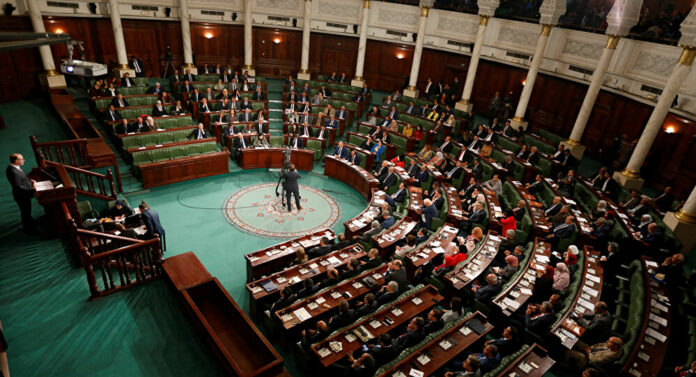Despite praise for the appointment of a woman for the first time to head the government in Tunisia, the president’s choice was legally criticized by his opponents, who argued that Najla Bouden’s government would not be legitimate because it would not have the confidence of an elected legitimate parliament, according to a blog post by former Ennahdha minister and leader Samir Delo. Parliament is done. On Wednesday, September 29, 2021, Al-Manar University law professor Saghaier Zakrawi downplayed the order of parliament and put it in the rule of the frozen, thus ending the order of constitutional legitimacy and all the institutions that emanate from it. He added that the people had come out and expressed their position on the system of government and for the President had become a source of legitimacy and legitimacy, which was sovereign, pointing out that there was no longer any meaning to the text.
Zakrawi said the president’s slow appointment of a prime minister has led his opponents to consider re-establishing expired and legitimate institutions. For his part, constitutional law researcher Rabah Kharaifi explained to JDD Tunisie that the exceptional measures stipulated in Chapter 80 of the Constitution, which was done by President Kais Saied on the night of July 25, were driven by the theory of necessity, considering that Saied sees the imminent danger in the People’s Assembly and in the government.
Kharaifi added that order 80 issued on July 29th translated the president’s vision of exempting the prime minister and freezing parliament, which is the result of the president reading the constitutional text in the absence of the Constitutional Court. The presidential order governing the authority had provided for a profound and substantial revision of the Constitution, under which the President had become the author of the legislation and the Government was sworn in and was accountable to him, thereby reaching the essence of the presidential system.
Rifi-JDD











